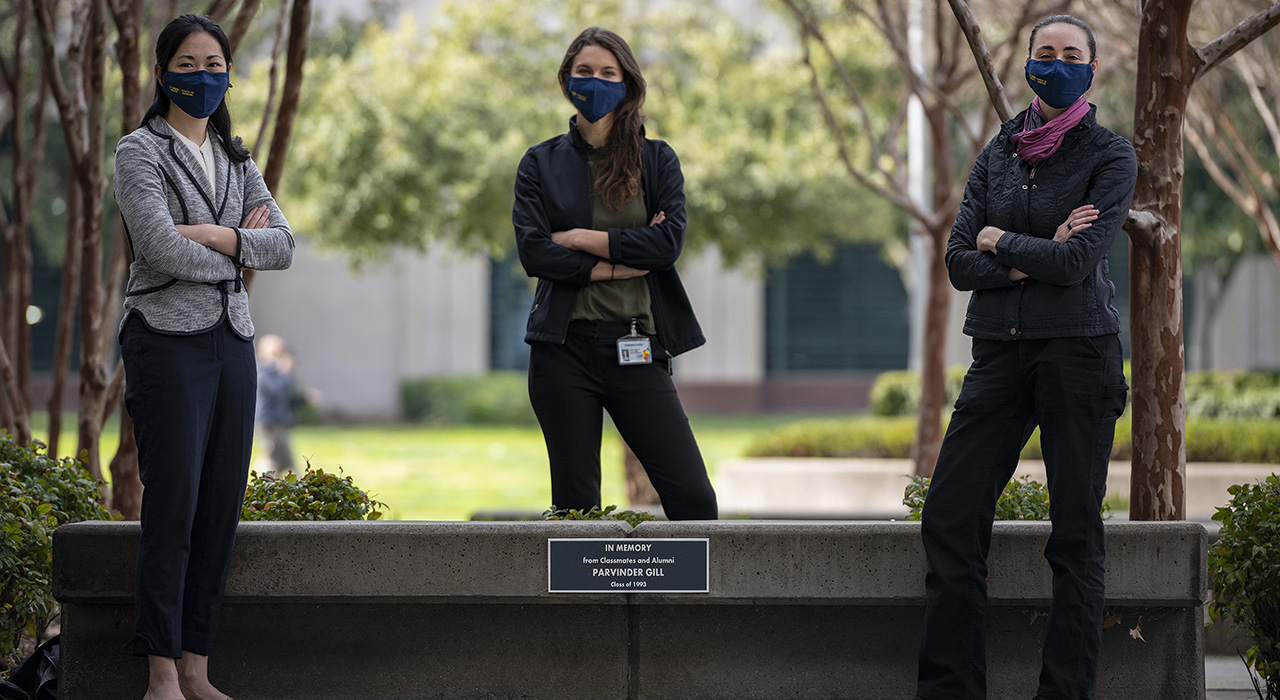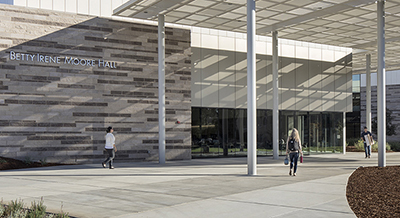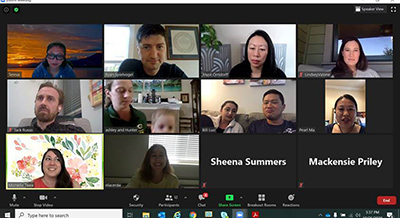Three UC Davis School of Medicine students are finalists in a global competition to develop solutions for health inequities associated with emerging infections, including COVID-19.
Annica Stull-Lane, Erica Lin and Christina Lowry joined the Innovate4Health competition because of their desire to improve community health by addressing antibiotic resistance in marginalized populations.
They’re among nearly 100 teams of medical and public health students who submitted project ideas late last year. A panel of experts connected to several prestigious academic organizations, including Johns Hopkins Bloomberg School of Public Health, evaluated the projects.
When their application was accepted, the UC Davis trio became one of 32 finalist teams and transitioned into the so-called design-sprint phase, where they work several hours a week on their project with the help of mentors from UC Davis and elsewhere. Finalists are rewarded with access to national experts in infectious diseases, public health and advocacy to help refine their projects.
The team’s accomplishments have impressed the director of the medical school’s M.D./Ph.D. program, Saul Schaefer, M.D., noting “the incredible quality and resourcefulness of our students, their care for underserved populations, and the collaborative nature of their work.”
The project started when Erica Lin, in consultation with Michael Wilkes, M.D., M.P.H., Ph.D., the School of Medicine’s director of Global Health, assembled a team passionate about improving quality of care in low-resource settings. Lin is a medical student with experience working with free clinics and Federally Qualified Health Centers, where she developed resources and projects to further integrate care with social work programs.
Teammate Annica Stull-Lane, an M.D./Ph.D. student in infectious diseases with experience in public health, microbiology and research, had recently designed an online course for the One Health Institute on the threat of antimicrobial resistance.
And Christina Lowry is a graduating medical student who’s worked in low-resource care settings domestically and internationally.
“We came together as a team and ideated about challenges around community health systems, food systems and emerging infectious diseases,” Lin said. “After a robust brainstorm, we homed in on a project addressing antimicrobial resistance in low-resource settings.”
The goal, said Stull-Lane, is to create a replicable, sustainable model for implementing antibiograms — the periodic summary reports that indicate a patient’s antimicrobial susceptibility. UC Davis Medical Center has an antibiogram, so the students are trying to adapt it for low resource settings. “We would like to have a proof of concept with local community partners and then share our experience with others as a template, with the goal of decreasing inappropriate antibiotic usage and improving health outcomes,” she said.
In addition to Johns Hopkins, other major organizations that back the competition are: ReAct, an international, independent network to articulate the complex nature of antibiotic resistance, and the International Federation of Medical Student Associations.

 Erica Lin, Christina Lowry and Annica Stull-Lane are finalists in the international Innovate4Health competition.
Erica Lin, Christina Lowry and Annica Stull-Lane are finalists in the international Innovate4Health competition.


